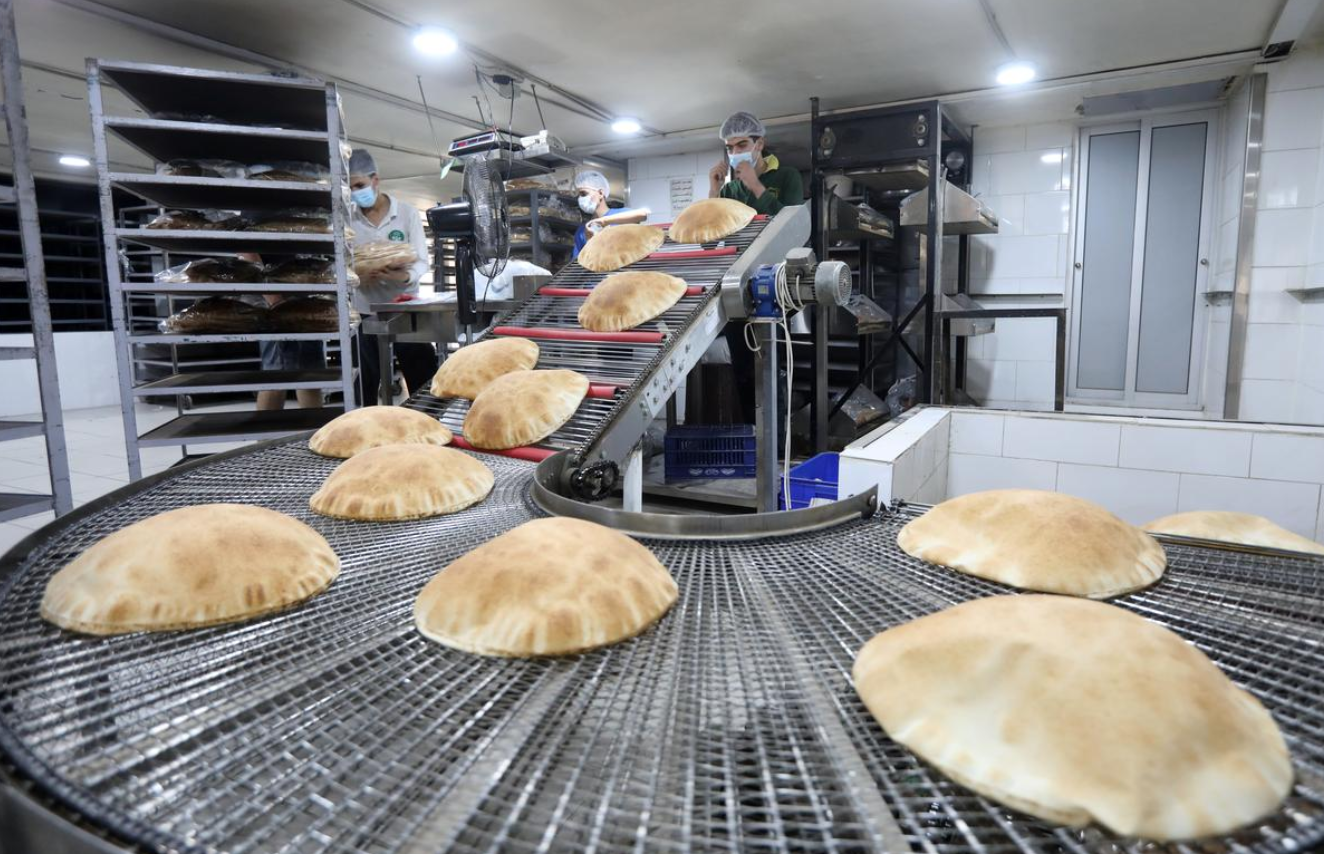
The head of the General Bakeries Division at the Federation of Egyptian Chambers of Commerce (FEDCOC), said that the prices of tourist bread are on their way to falling by a rate ranging from 20-25 percent, after the price of fine flour (72 percent extract) declined in the markets.
He explained on Monday that this indicates positive results for citizens that buy tourist bread.
Ghorab added that the state, represented by the Ministry of Supply and Internal Trade, also bears the difference in the cost of producing subsidized bread for the benefit of the citizen.
The subsidized bread is disbursed to ration card holders at a price of five piasters per loaf as part of the political leadership’s keenness to support families, especially those in need, he explained.
Ghorab added that the bread subsidy system benefits about 72 million citizens registered on ration cards, at five loaves per each citizen daily.
The Ministry of Supply and Internal Trade on Monday began receiving local wheat from farmers for use in producing subsidized bread.
Marketing centers and points in the governorates began receiving local wheat produced in 2024 from suppliers and farmers.
Bread serves as a pillar of Egypt
Bread was one of the three main demands – along with freedom and social justice – that Egyptian protesters chanted during the January 25 Revolution in 2011.
According to official estimates, Egyptians consume daily between 250 million and 275 million subsidized loaves of local bread.
Egypt is the largest importer of wheat in the world, which mainly goes to the production of bread.




